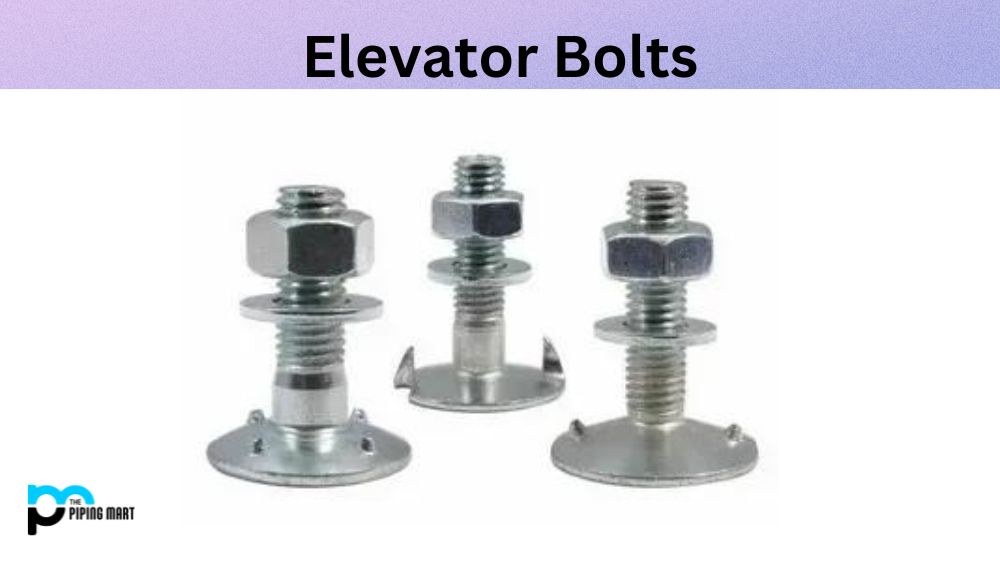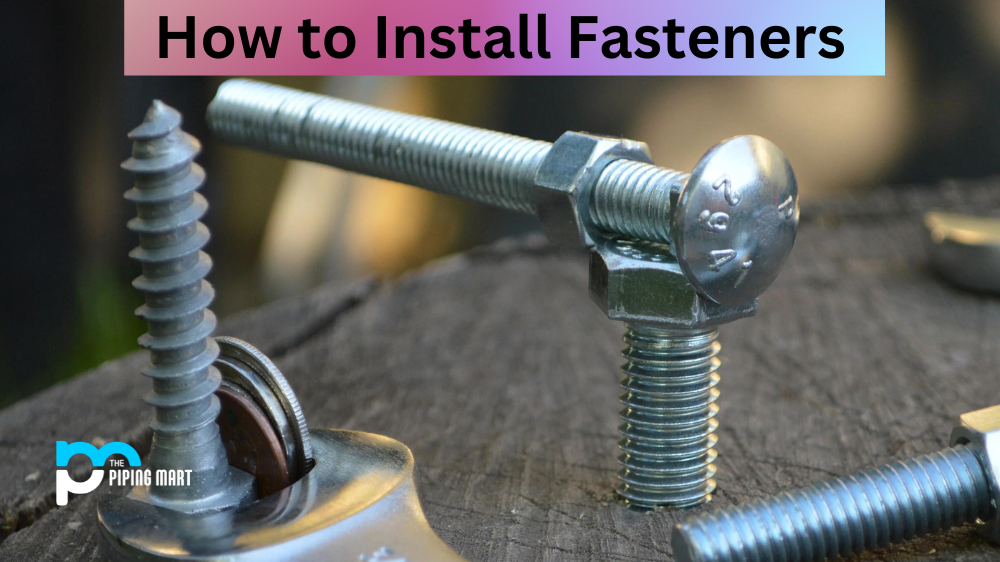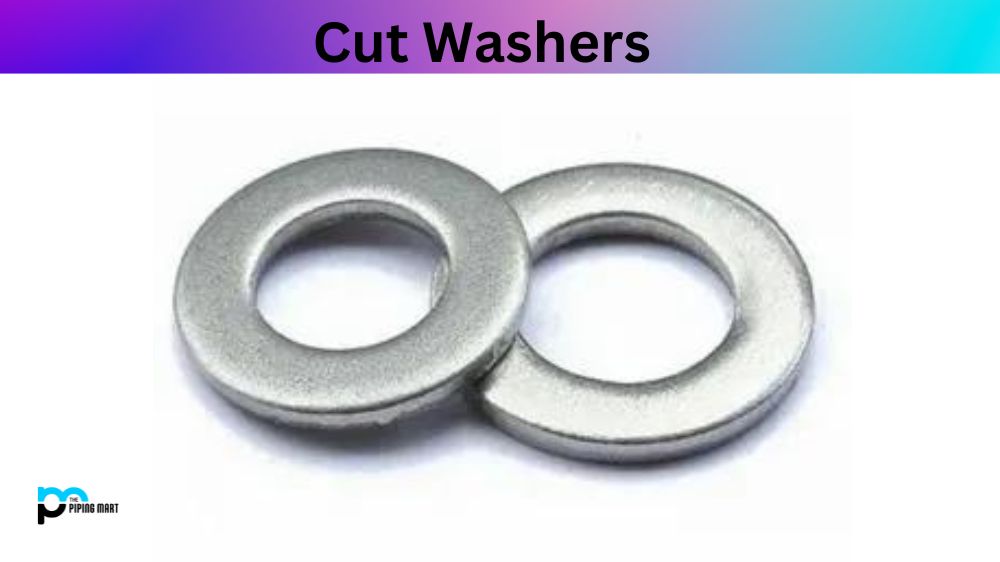Elevator bolts are commonly used in construction and manufacturing industries for fastening materials and equipment. They are often used in conveyor systems, grain elevators, and even for securing automotive parts. While elevator bolts have been around for decades, their usage has slowly become more popular over recent years. If you’re considering using elevator bolts for your project, it’s important to weigh the advantages and disadvantages they offer. In this blog post, we’ll examine the benefits and drawbacks of using elevator bolts. By understanding their pros and cons, you can determine if they are the right choice for your application.
Advantages of Elevator Bolts
Secure Fastenings:
Elevator bolts offer a reliable fastening solution for connecting wood, metal, or plastic. Their unique shape prevents unwanted motion and looseness, ensuring your equipment and materials are securely fastened.
Easy to Install:
Elevator bolts are user-friendly and easy to install, making them a convenient option for your project. You don’t need any special equipment or tools; all you need is a wrench or pliers, and you’re good to go. This saves time and labour costs compared to other fastening methods, such as welding or soldering.
Versatility:
Elevator bolts come in different sizes and types, making them versatile for various applications. Depending on your project’s needs, you can choose from a range of materials, including stainless steel, carbon steel, and even zinc-plated steel.
Cost-effective:
Elevator bolts are relatively inexpensive compared to other fastening solutions, especially considering their ease of installation and versatility. This makes them an affordable option for construction and manufacturing projects, helping you stay within budget.
Disadvantages of Elevator Bolts
Corrosion:
One main disadvantage of elevator bolts is that they are prone to corrosion, especially if you choose a low-quality bolt or use it in humid or corrosive environments. This can lead to a weaker connection and require frequent replacements or maintenance.
Limited Tensile Strength:
Elevator bolts have a limited tensile strength compared to other fastening solutions, making them unsuitable for heavy-duty applications. They are ideal for light to medium-duty applications and should not be used to fasten heavy equipment or materials.
Time-consuming Removal:
Removing an elevator bolt from its attached material can be challenging and time-consuming, especially if the bolt has been rusted or corroded over time. This can increase labour costs and downtime, impacting your project timeline.
Limited Design Aesthetic:
Elevator bolts are not known for their aesthetic appeal, as they are designed for functionality rather than visual appeal. This means there may be better options than this if you want to achieve a particular design aesthetic or want your fastenings to be hidden.
Conclusion:
Elevator bolts offer several advantages, such as easy installation, versatility, and cost-effectiveness, making them suitable for light to medium-duty applications. However, their limited tensile strength, the potential for corrosion, and their time-consuming removal process make them unsuitable for heavy-duty applications. In addition, there may be better options than their practical design if you’re looking for a particular design aesthetic. Ultimately, the choice of using elevator bolts boils down to the specific needs of your project. By understanding their pros and cons, you can make an informed decision on whether or not to use them for your application.

Abhishek is a seasoned blogger and industry expert, sharing his insights and knowledge on various topics. With his research, Abhishek offers valuable insights and tips for professionals and enthusiasts. Follow him for expert advice on the latest trends and developments in the metal industry.




